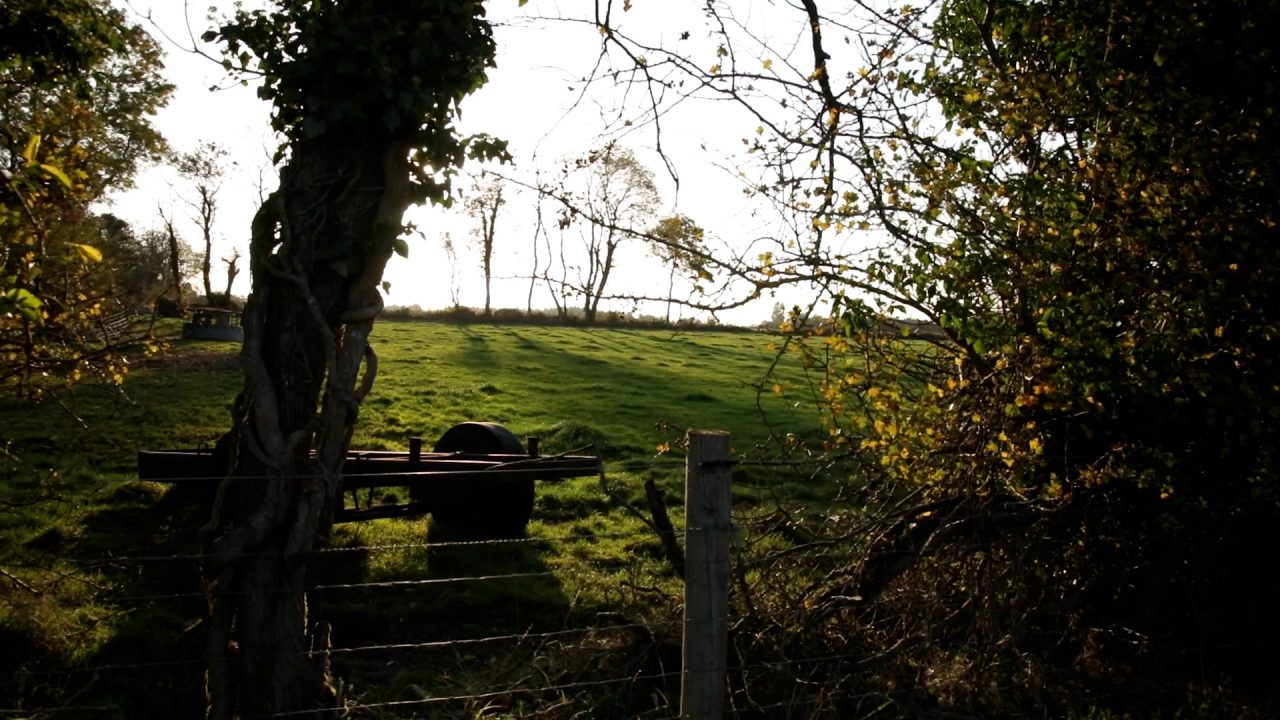The Climate Change Advisory Council (CCAC) has submitted its proposal for Ireland’s first carbon budget programme to the Minister for the Environment, Climate and Communications Eamon Ryan.
The carbon budgets set out the path to cut Ireland’s national emissions by 51% by 2030, across all sectors of the economy.
The programme – announced by the CCAC this evening (Monday, October 25) – is broken down into three five-year carbon budgets. The first covers the period 2021 to 2025; the second covers the period 2026 to 2030; and the third, which is merely provisional at this point, covers the period 2031 to 2035.
Carbon budgets prescribe the maximum amount of greenhouse gases that may be emitted over a specific period of time in the state.
The 51% cut in emissions to 2030 will be relative to emissions levels in 2018.
In the first carbon budget, Ireland will have to cut emissions by an average of 4.8% a year to 2025. The second budget will see Ireland required to cut emissions by 8.3% per year from 2026 until to 2030.
These budgets themselves do not outline what level of emissions reduction agriculture will have to make. This decision, like the expected cut in emissions per each sector of the economy, will be made at a political level by cabinet rather than the CCAC.
However, as Agriland reported recently, there has already been some indication as to what the burden on agriculture might be.
It is understood that emissions from agriculture in Ireland will have to be reduced by between 21% and 30% by 2030.
This reduction may be divided up into two time periods, in line with the two carbon budget periods confirmed today.
There has been ongoing debate – and concern – over what the burden on agriculture specifically will be.
However, government has not made any official announcement yet to confirm these figures. This is set to be confirmed in the near future, after several weeks of engagement between Minister Ryan and Minister for Agriculture, Food and the Marine Charlie McConalogue.
It is understood, though, that other sectors have targets that are notably higher than the agriculture sector.
Stay tuned to Agriland for more on agriculture’s emissions reduction target for 2030.
